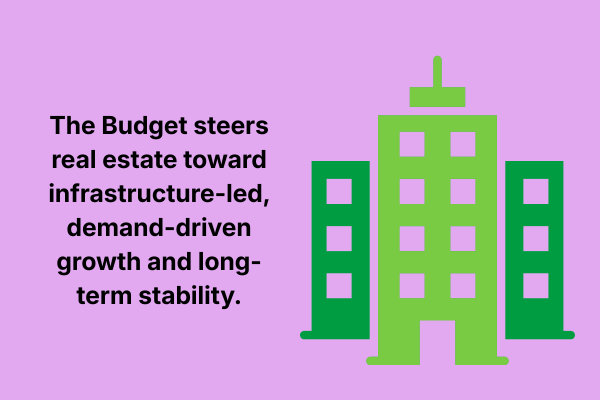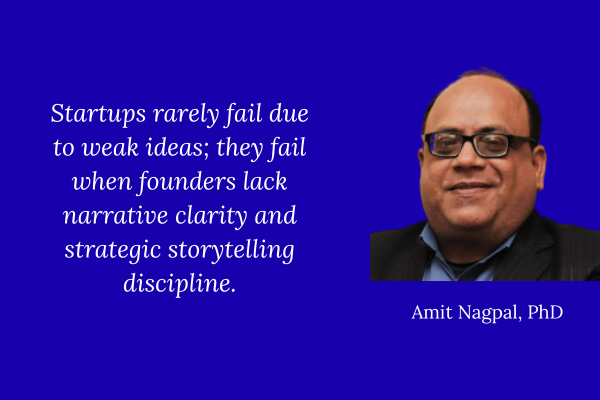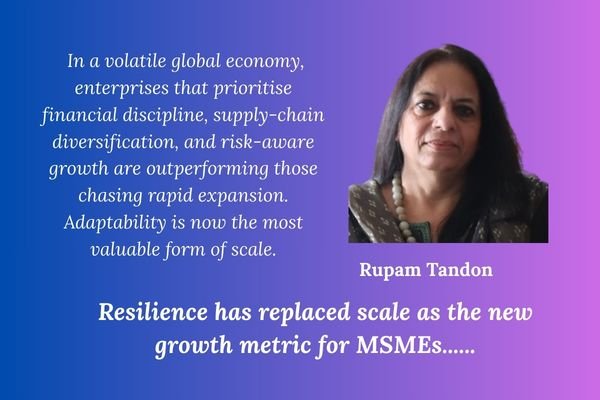World bank anticipates a sharp economic slump in South Asia caused by halting economic activity, collapsing trade, and greater stress in the financial and banking sectors.
South Asia might experience its worst economic performance in 40 years, with at least half of the countries in the region falling in a deep recession.according to the latest South Asia Economic Focus,( Spring 2020) the report brought out by the World Bank.
The unprecedented COVID-19 crisis comes with a dire economic outlook. The world bank report, South Asia Economic Focus anticipates a sharp economic slump in each of the region’s eight countries, caused by halting economic activity, collapsing trade, and greater stress in the financial and banking sectors.

The report is a joint product of the Office of the Chief Economist for the South Asia Region (SARCE) and the Macroeconomics, Trade and Investment (MTI) Global Practice.
The report notes that the poor people are more likely to become infected with the coronavirus, as social distancing is difficult to implement for them. They also have less access to health care or even soap, are more likely to have lost their job, and are more vulnerable due to spikes in food prices.
Service sectors are hardest hit, as tourism dried up, shops and restaurants have been ordered to close, and demand for transport services has all but disappeared. Normally, demand for services is relatively stable. Investments and demand for durable consumption goods are usually the most cyclical components of demand, sharply declining in downturns, while demand is catching up during upswing. For South Asia, the fall in service activities is especially challenging because of the many
low-income, and often informal workers in the hospitality and transport sector. This crisis is caused by supply constraints, not merely lack of effective demand. That means increasing effective demand via macroeconomic stimulus will not bring back in the short run jobs for restaurant employees or taxi drivers.
In this fast-changing and uncertain context, the report presents a range forecast, estimating that regional growth will fall to a range between 1.8 and 2.8 percent in 2020, down from 6.3 percent projected six months ago. That would be the region’s worst performance in the last 40 years, with temporary contractions in all South Asian countries. In case of prolonged and broad national lockdowns, the report warns of a worst-case scenario in which the entire region would experience a negative growth rate this year.
This deteriorated forecast will linger in 2021, with growth projected to hover between 3.1 and 4.0 percent, down from the previous 6.7 percent estimate.
The impact of the pandemic will hit hard low-income people, especially informal workers in the hospitality, retail trade, and transport sectors who have limited or no access to healthcare or social safety nets. The report notes that the COVID-19 shock will likely reinforce inequality in South Asia. As played out across the region, the sudden and large-scale loss of low paid work has driven a mass exodus of migrant workers from cities to rural areas, spiking fear that many of them will fall back into poverty. While there are no signs yet of widespread food shortages, the report warns that a protracted COVID-19 crisis may threaten food security, especially for the most vulnerable.
In the short term, the report recommends preparing weak healthcare systems for greater COVID-19 impacts, as well as providing safety nets and securing access to food, medical supplies, and necessities for the most vulnerable. To minimize short-term economic pain, the report calls for establishing temporary work programs for unemployed migrant workers, enacting debt relief measures for businesses and individuals, and easing inter-regional customs clearance to speed up import and export of essential goods.
Once lockdown restrictions are loosened, South Asian governments should adopt expansionary fiscal policies combined with monetary stimulus to keep credit flowing in their economies. Since many South Asian countries have limited fiscal space, these policies should target people worst hit by the freeze on economic activity. The report urges governments to adopt temporary spending measures and coordinate with international financial partners to avoid unsustainable long-term debt levels and fiscal deficits.
“After tackling the immediate COVID-19 threat, South Asian countries must keep their sovereign debt sustainable through fiscal prudence and debt relief initiatives,” said Hans Timmer, World Bank Chief Economist for the South Asia Region. “And looking beyond the present crisis, lie great opportunities to expand digital technologies for payment systems and distant learning to unlock remote areas in South Asia.”
*
Due to the COVID-19 pandemic, economic circumstances within countries and regions are fluid and change on a day-by-day basis. The analysis in the report is based on the latest country-level data available as of April 7, 2020.
The World Bank Group is taking broad, fast action to help developing countries strengthen their pandemic response, increase disease surveillance, improve public health interventions, and help the private sector continue to operate and sustain jobs. It is deploying up to $160 billion in financial support over the next 15 months to help countries protect the poor and vulnerable, support businesses, and bolster economic recovery.
| REAL GDP AT MARKET PRICES IN PERCENT | |||||
| Country | Fiscal year | 2019(e) | 2020(f) | 2021(f) | 2022(f) |
| Afghanistan | December to December | 2.9 | -5.9 to -3.8 | 3.3 to 3.9 | 5.2 to 6.2 |
| Bangladesh | July to June | 8.2 | 2.0 to 3.0 | 1.2 to 2.9 | 2.8 to 3.9 |
| Bhutan | July to June | 3.9 | 2.2 to 2.9 | 2.0 to 2.5 | 3.1 to 3.5 |
| India | April to March | 6.1 | 4.8 to 5.0 | 1.5 to 2.8 | 4.0 to 5.0 |
| Maldives | January to December | 5.2 | -13.0 to -8.5 | 6.3 to 7.3 | 5.0 to 5.5 |
| Nepal | mid-July to mid-July | 7.1 | 1.5 to 2.8 | 1.4 to 2.9 | 2.7 to 3.6 |
| Pakistan | July to June | 3.3 | -2.2 to -1.3 | 0.3 to 0.9 | 3.2 to 3.3 |
| Sri Lanka | January to December | 2.6 | -3.0 to -0.5 | 0.2 to 1.2 | 2.0 to 2.5 |
| REVISION TO FORECASTS FROM OCTOBER 2019 | |||
| Country | Fiscal year | 2019(e) | 2020(f) |
| Afghanistan | December to December | -8.9 to -6.8 | -0.2 to 0.4 |
| Bangladesh | July to June | -5.2 to -4.2 | -6.1 to -4.4 |
| Bhutan | July to June | -5.2 to -4.5 | -3.9 to -3.4 |
| India | April to March | -1.2 to -1.0 | -5.4 to -4.1 |
| Maldives | January to December | -18.5 to -14.0 | 0.7 to 1.7 |
| Nepal | mid-July to mid-July | -4.9 to -3.6 | -5.1 to -3.6 |
| Pakistan | July to June | -4.6 to -3.7 | -2.7 to -2.1 |
| Sri Lanka | January to December | -6.3 to -3.8 | -3.5 to -2.5 |
Notes: The 2020 and 2021 numbers represent the lower and upper bound of the forecast range. For India, 2020 refers to FY19/20. e: Estimate f: Forecast. Source: World Bank
Author Profile
Latest entries
 Business2 January 2026Rungta Tea Marks 24 Years with 92% Distributor Retention, Outlines Ambitious Expansion
Business2 January 2026Rungta Tea Marks 24 Years with 92% Distributor Retention, Outlines Ambitious Expansion Business18 October 2025Start Your Drone Business: Aquiline Drones Franchise Program for Veterans
Business18 October 2025Start Your Drone Business: Aquiline Drones Franchise Program for Veterans Doing business3 June 2025India’s Q-Commerce Growth Underscores Market-Driven Innovation: Siddharth Shankar
Doing business3 June 2025India’s Q-Commerce Growth Underscores Market-Driven Innovation: Siddharth Shankar Business15 May 2025World MSME Day: A Global Commemoration of Entrepreneurial Vitality
Business15 May 2025World MSME Day: A Global Commemoration of Entrepreneurial Vitality









Like!! Really appreciate you sharing this blog post.Really thank you! Keep writing.